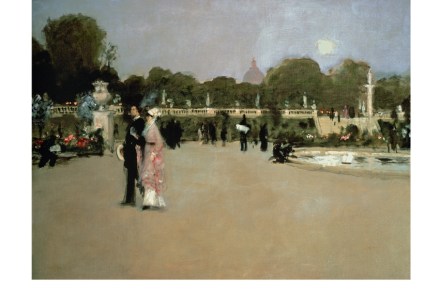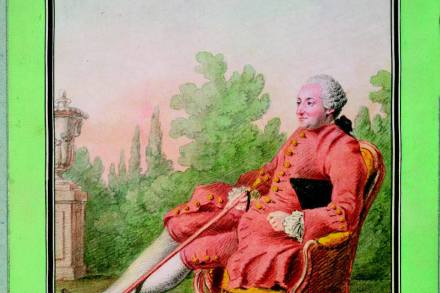Is the Louvre suggesting that Germany is programmed for war and catastrophe?
Curated by the Louvre as a tribute to mark the 50th anniversary of the Franco–German co-operation treaty signed in January 1963, De l’Allemagne 1800–1939: German thought and painting from Friedrich to Beckmann sounds like a harmless survey of German art. But it is stranger than that, less a measured look at German painting and more a very French attempt to interrogate the German soul, Nietzsche’s writings in hand. The exhibition opens dramatically with eight 12ft-high canvases by Anselm Kiefer. They were made especially for the show and provide the exhibition’s title, in turn taken from Madame de Staël’s famous book De l’Allemagne. Collaged with dramatic woodcuts and painted inscriptions —










